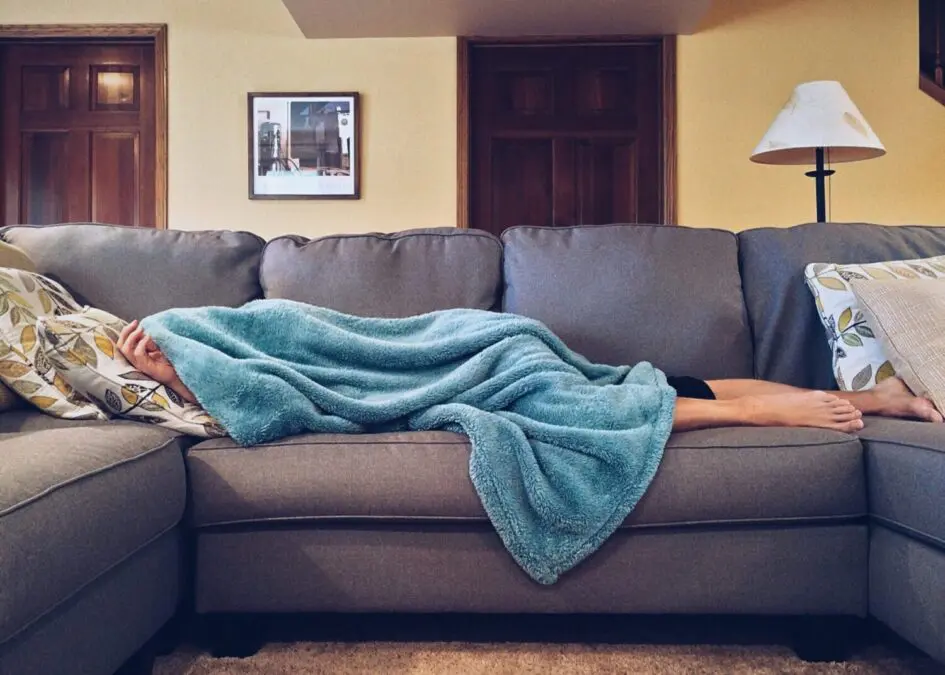Scientists analysed data from studies involving nearly 380,000 individuals aged 40 to 69.
In recent years, several studies have been published on the impact of daytime sleep on health. For instance, it is suggested to be linked with a heightened likelihood of stroke among older individuals. If daytime sleep exceeds 8 hours, there is a risk of reduced life expectancy. However, researchers from the USA and Uruguay hold contrasting viewpoints. In the journal Sleep Health, they present arguments advocating the advantages of daytime sleep.
These scientists examined data from studies encompassing nearly 380,000 individuals aged 40 to 69. The primary objective was to establish the correlation between daytime sleep and brain health. The researchers observed that individuals who tend to nap during the day possess a greater total brain volume.
Especially in the elderly, this serves as an indicator of good health, as a decrease in brain volume is typically associated with dementia and other cognitive disorders. With age, the organ diminishes in size, leading to a decline in cognitive functions. The findings revealed that the brains of individuals who nap were 2.6 to 6.5 years “younger.”
In conclusion, a definite connection indeed exists between daytime sleep and larger brain volume. The practice of taking a 10-15 minute nap during the day, according to scientists, enhances cognitive abilities, slows down the aging process, and improves memory.
This isn’t the first instance of disparate scientific opinions regarding the same phenomenon. Such contradictions and disparities are intrinsic to the development of science. But what is an ordinary person to do? The simplest advice, perhaps, is to avoid extremes and prioritize one’s own intuition.
By the way, the afternoon nap is a centuries-old tradition in many Mediterranean countries.
Nonetheless, sleep quality holds greater significance for one’s overall quality of life than sleep duration. This was established by a study conducted by Czech researchers and reported by Neuroscience News in the open-access journal PLOS ONE.
While numerous studies have connected sleep quality to an individual’s overall quality of life,
there is limited research on the relative influence of changes in sleep duration, quality, and timing on long-term quality of life.
To delve into this query, Michaela Kudrnachova from the Faculty of Social Sciences at Charles University in Prague and Aleš Kudrnach of the Institute of Sociology of the Czech Academy of Sciences employed data from the annual Czech household survey spanning from 2018 to 2020. Diverse adults within the same household participated in the survey; a total of 5,132 Czech adults responded in 2018, 2,046 in 2019, and 2,161 in 2020.
The authors analysed responses to queries related to life satisfaction, well-being, happiness, subjective health, and workplace stress, alongside self-reported responses concerning sleep duration, sleep quality, and instances where socially determined sleep patterns conflicted with innate biological rhythms (e.g., starting a new job with different working hours).
At the individual level, reported sleep quality displayed significant associations with all five quality-of-life measures, excluding workplace stress. Furthermore, sleep quality exhibited a significantly positive relationship with all measures of quality of life.
The study revealed that sleep duration was significantly linked to subjective health and happiness, while the misalignment between the biological sleep rhythm and the rhythm dictated by social obligations was notably associated with life satisfaction and workplace stress.
Photo by Pixabay: https://www.pexels.com/photo/apartment-bed-carpet-chair-269141/







